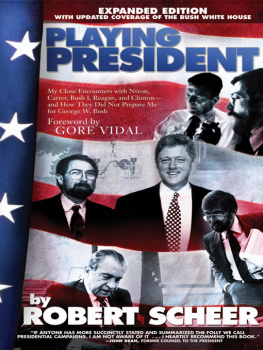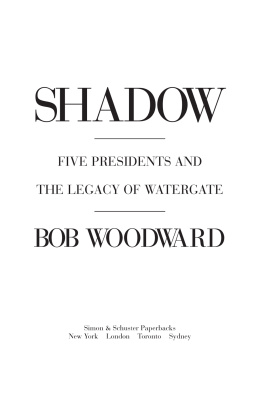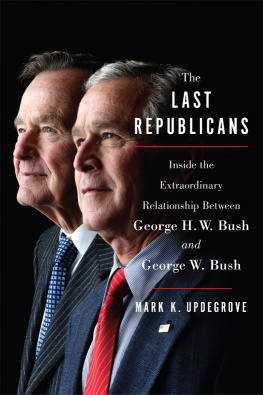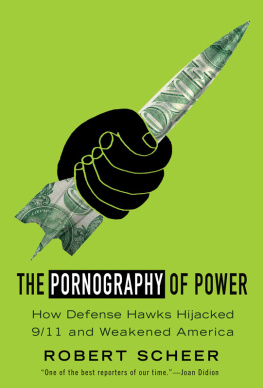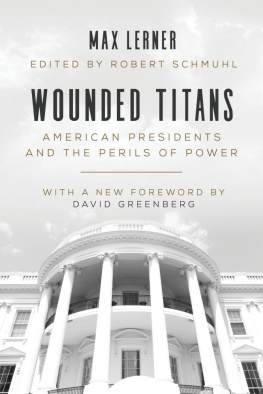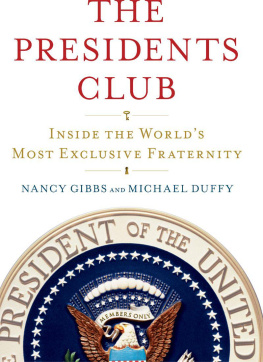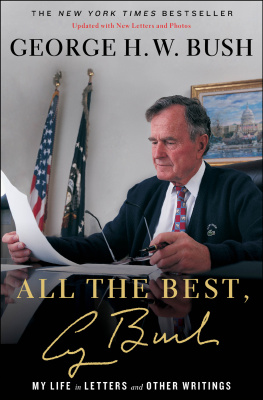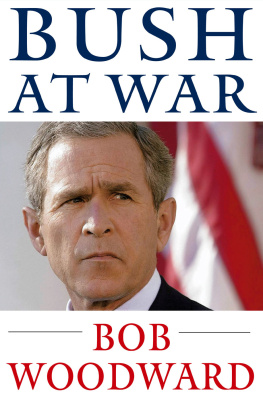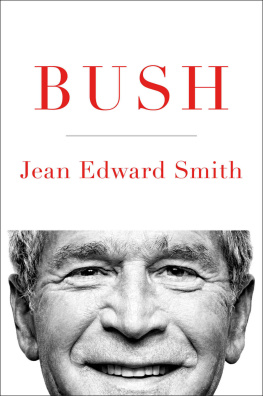All rights reserved. No part of this book may be used or reproduced in any manner whatsoever without the written permission of the publisher.
Published by Akashic Books
A Truthdig Book
2006 Robert Scheer
ePUB ISBN-13: 978-1-936070-42-8
ISBN-13: 978-1-933354-01-9
ISBN-10: 1-933354-01-1
Library of Congress Control Number: 2005934821
Akashic Books
PO Box 1456
New York, NY 10009
Akashic7@aol.com
www.akashicbooks.com
Grateful acknowledgment is made to the following for permission to reprint previouslypublished material:
Los Angeles Times: Nixon: Scorn Yielding to New Respect by Robert Scheer, March 8, 1984; U.S.-Soviet Star War Studies Urged by Nixon by Robert Scheer, July 1, 1984; Bush Assails Carter Defense Strategy by Robert Scheer, January 24, 1980; Clinton Sketches Scenarios for Easing Urban Problems by Robert Scheer, May 31, 1992. Copyright 1980, 1984, 1984, 1992 Los Angeles Times. Reprinted with permission.
Playboy magazine: interview with Jimmy Carter by Robert Scheer, November 1976; Jimmy, We Hardly Know Yall by Robert Scheer, November 1976; photograph by Ken Hawkins of Robert Scheer and Jimmy Carter on the back cover . Copyright 1976 Playboy. Reprinted by special permission.
To my wife Narda and sons
Christopher, Joshua, and Peter:
my best editors, critics, and friends
FOREWORD
by Gore Vidal
T HE TWENTIETH CENTURY PRODUCED A GREAT DEAL OF writing about American politics, much of it bewildered when new notions like empire started to sneak into nervous texts whose authors were not quite certain if empire could ever be an applicable word for the last best hope of earth.
The bidding then changed dramatically after World War Two, when Harry Truman armed us with nuclear weapons and gave us an icy sort of permanent war against Godless Atheistic communism, as personified by Joseph Stalin, standing in for Hitler, whom we had got rid of with rather more help than we liked to admit from the new world demon Stalin. How, why did Truman lock us all into a national security state, armed to the teeth? The simple story was dread of communism everywhere on the march, but those of us who had served in World War Two knew as well as our political leaders that the Soviet Union, as of 1950, was not going anywhere very soon: They had lost twenty million people. They wanted, touchingly, to be like us, with consumer goods and all the rest of it.
What actually happened was tragic for the Russian people and their buffer states: Truman, guided by that brilliant lawyer Dean Acheson, was quite aware that by 1940 the world Depression of the early 30s had returned. The New Deal of Franklin Roosevelt had largely failed. What was to be done? FDR took a crash course in Keynesian economics. As a result, he invested $8 billion into re-arming the United States, in order to hold our own against the Fascist axis of Germany, Japan, Italy. To the astonishment of Roosevelts conservative political enemies, the U.S. suddenly had full employment for the work force and a military machine of the first rank with which we were able to defeat Fascism, and just about anyone else who defied us.
Truman and friends learned and never forgot an important lesson: It was through war and a militarized economy that we became prosperous with full employment. After victory in Europe and the Pacific, Truman himself began to play the war drums. Stalin was menacing Turkey and Greece (Acheson threw in nearby Italy, and why not France?). We must stop the rising Red tide, while acquiring that eras latest propaganda toy, a TV set. This wearisome background was well known to historians like William Appleman Williams, but hardly suspected by too many of the usual publicists of the American way of life.
Robert Scheer has had the good fortune to observe firsthand the last half-dozen Presidents, from Nixon to W. He has also had the perseverance as a journalist to insist that he be able to conduct one-on-one conversations with the odd sort of men who were playing (or trying to play) President. This makes for a fascinating immediacy in the book at hand, particularly when he is giving his protagonists a harder time than they had expected. Scheer has always suspected that he would be one of the last journalists able to use the print medium fully in the electronic age that had dawned around 1960.
Scheer makes a telling analysis of Nixon and his frozen smile, with the comment that despite being unquestionably the best prepared of all modern Presidents before assuming office, it was his indelibly awkward and secretive style that did him in. Scheer is impressed by this Presidents mind despite himself, as was Walter Lippmann, whom I once teased for supporting Nixon. Walter was serene: I only know, he said, if I had a difficult lawsuit on my hands, I would go to him as a lawyer. He presents you an entire case before your eyes: He is simply brilliant, unique in public life.
Print journalism is a challenge to the writers intelligence, as well as to that of his subject. Of course, few journalists and player Presidents are up to Scheer and Nixon. Yes, Nixon did much that was evil along the way (Cambodia, Watergate), but he usually managed to harm himself mosta form of good manners. He was primarily interested in foreign affairs and the opening up to China; dtente with the Soviets; these were significant achievements, and he had no strong domestic policies, which should have been a great relief for Us the People. No wartime tax breaks for cronies is quite enough for us to applaud him in other roles.
Presidents are trapped in history as well as in their own DNA codes. After Watergate, Nixon starred as Coriolanus for a while, but when he saw that this got him nowhere, he realized he was so steeped in blood that he could not turn back, so he went on as Macbeth, to our benefit at times. Scheer is not the first of our journalists to recognize how like classical players the Presidents tend to be if they have the right war or disaster to contend with. Scheer is generally good-humored about them, though Bush Is implacable self-love seems to rub him the wrong way; also, Reagans rambling does not get either of them very far, yet Scheer has grasped what few others have: Mrs. Reagans importance not only to her somewhat listless husband but to our country, where she seems to have understood before other politicians that the Cold War was getting us nowhere.
Scheer had problems with Jimmy Carter and, perhaps, with Southern politicians in general. He struggled with the mans compulsive fibbing about himself and his place in an imaginary Plains, Georgia, which kept changing to fit his restless re-imagining of his career, recalling homely barbershop quartets as well as killer rabbits at large in catfish ponds. Scheer had an edgy time with Carter, but it was to Scheer that Carter confessed he had lusted in his heart for ladies, causing much of the nation to admire and smirk.
Scheer concedes Clintons brilliance as a player but frets over (as many of us did) the end of welfare as we know it. It is with this President that Scheer is most interesting, largely because Clinton is as intelligent as he, at least on the subjects they discuss. Clinton has dared occasionally to touch the third rail of American political discourse: the superiority of other nations economies to that of America the Beautiful and the Earmarked.
SCHEER Some now blame the Europeans and Japanese for our problems and call for protectionism. Are you sympathetic to such calls?
CLINTONBut to be fair, the biggest problems we have in maintaining the manufacturing base are our failures to work together to achieve high levels of productivity, to control health care costs, to have a tax system which is pro-manufacturing. Our tax system now is anti-manufacturing. And it was during the Reagan/Bush years. I think, you know, it rewarded money making money and not production, not jobs, not goods, and not services.
Next page
